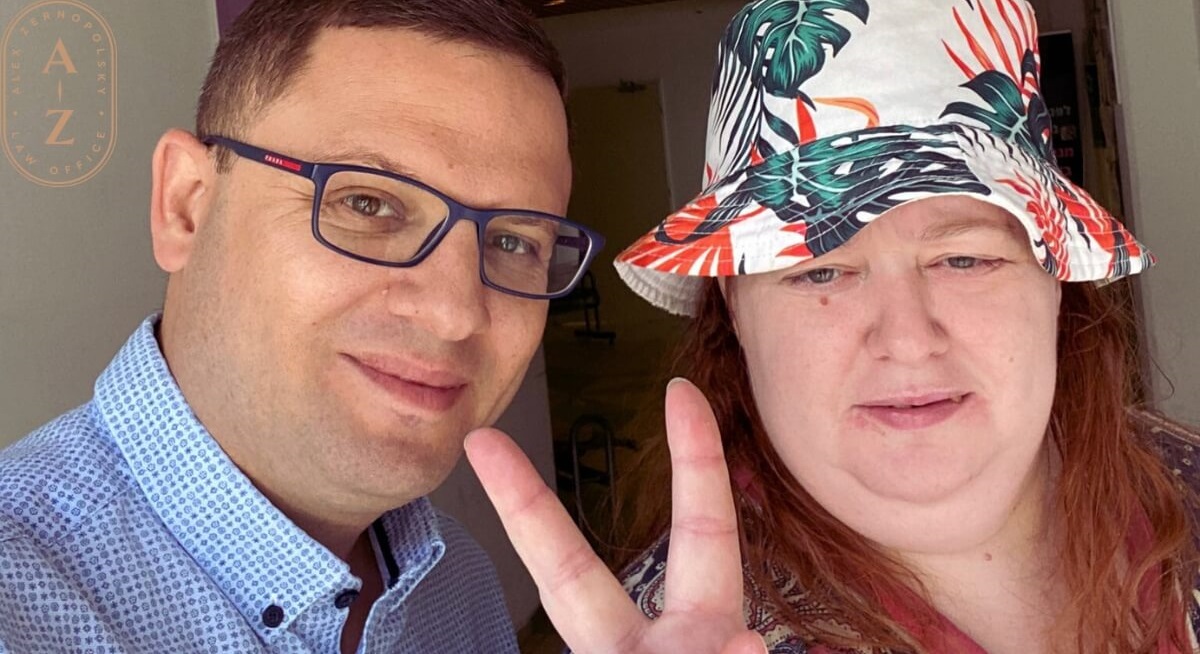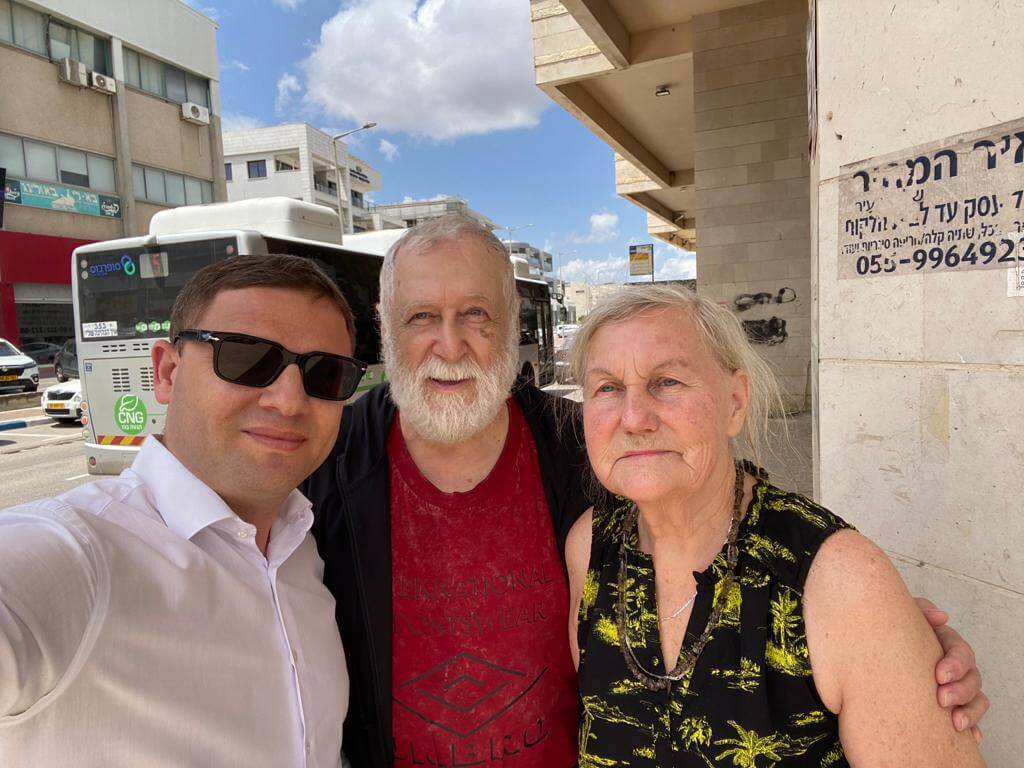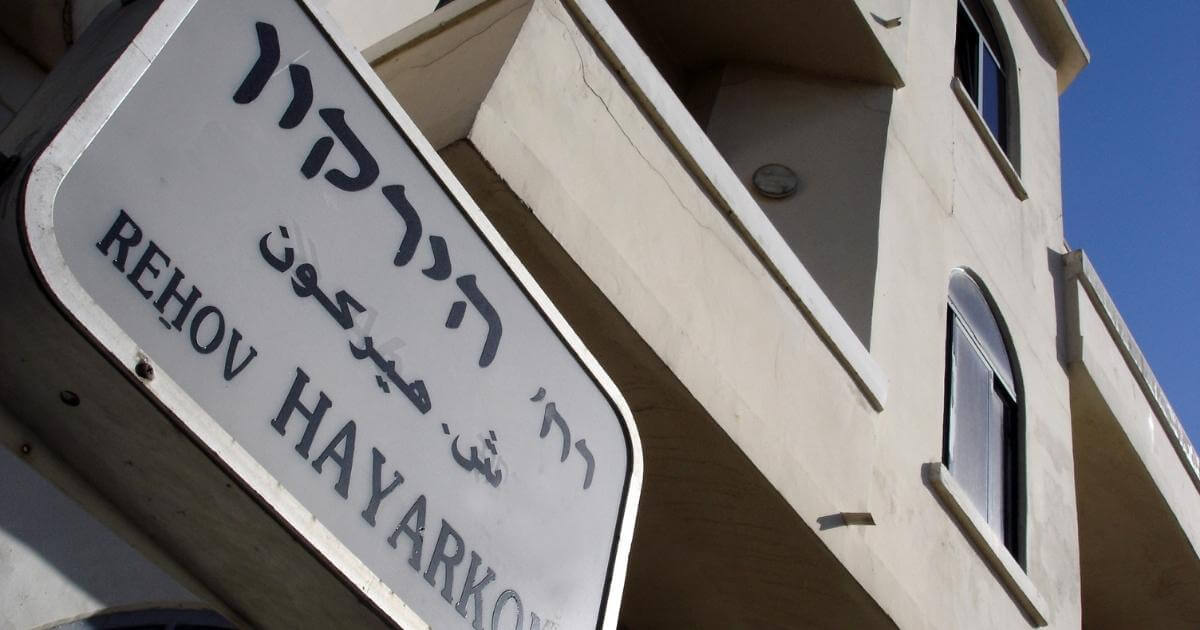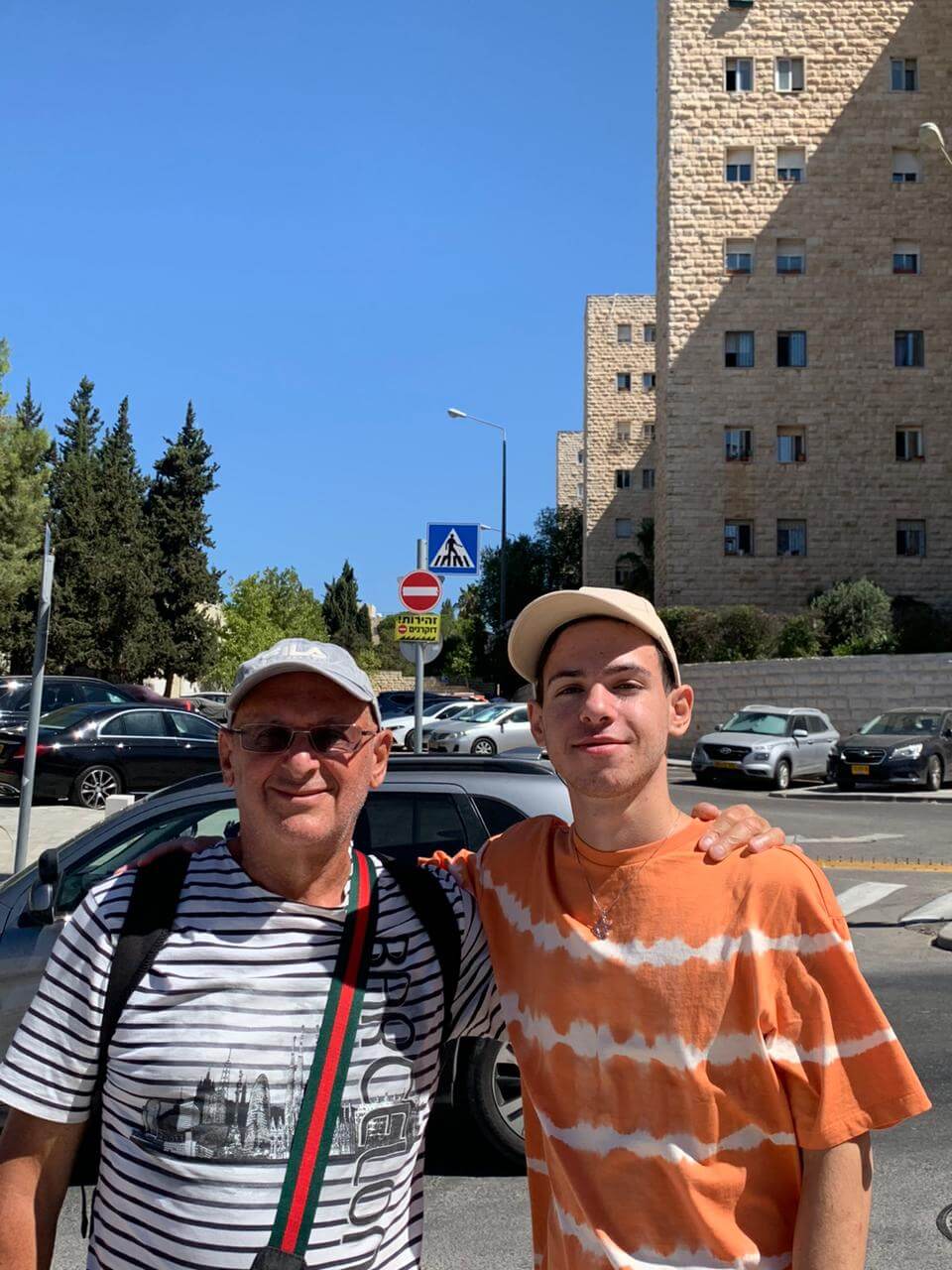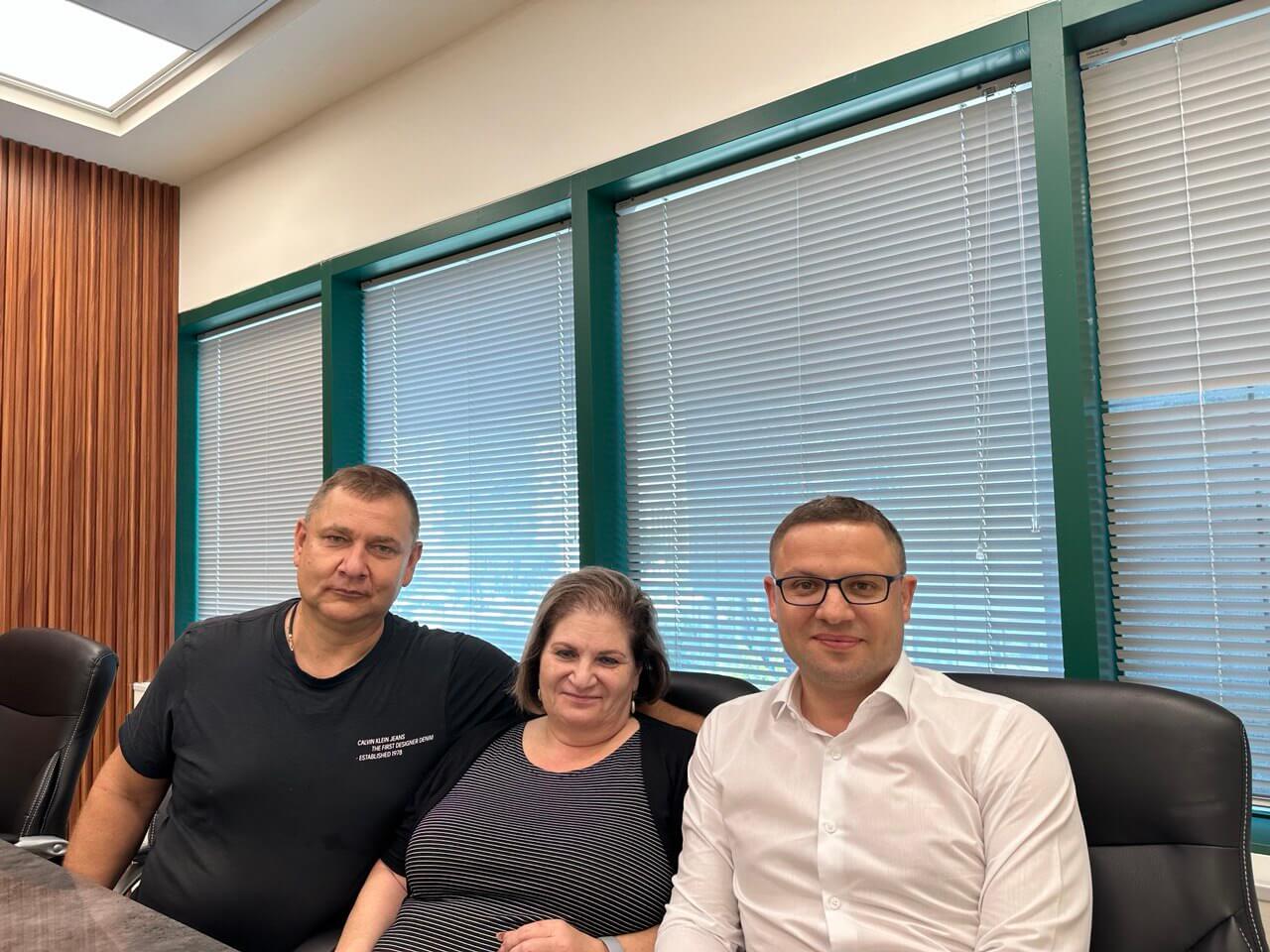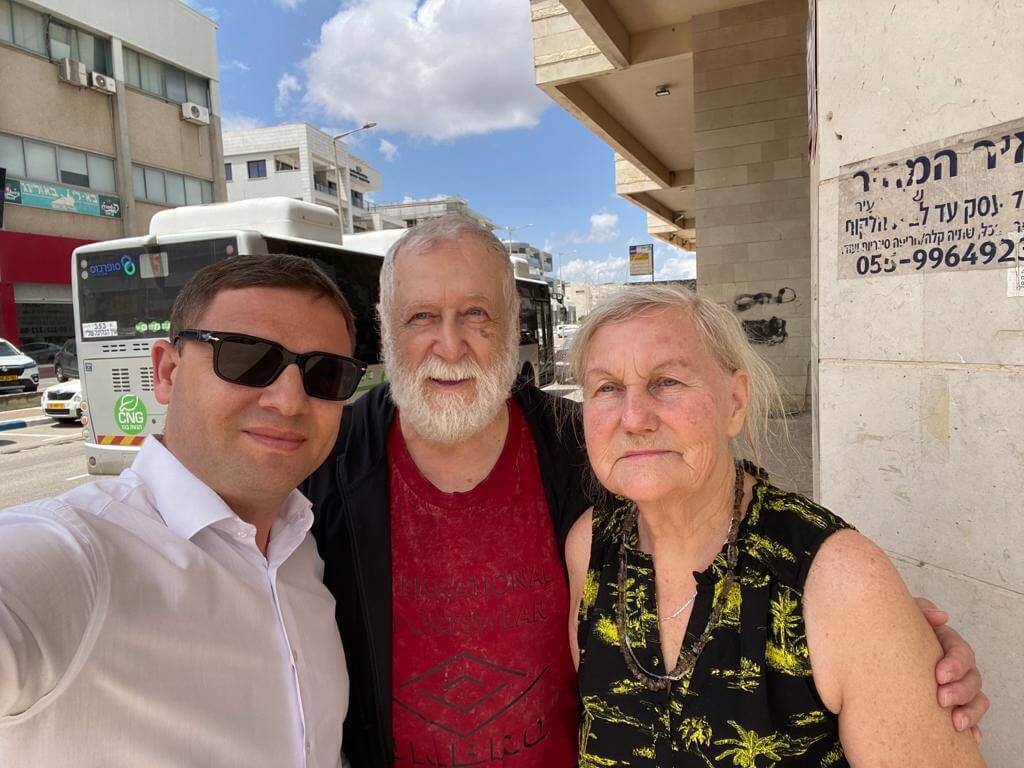Introduction
Israel is known for its high-tech industry and innovative environment. To further enhance its status as a global center of technology, Israel has launched a special program/instruction to attract foreign entrepreneurs. This instruction, called the “Innovation visas for foreign entrepreneurs (Pilot),” is a joint effort of the Israel Innovation Authority, the Ministry of Foreign Affairs, and the Population and Immigration Authority (PIBA). It offers a clear process for foreign entrepreneurs to obtain visa to stay in Israel and develop projects in high-tech industry. This article explains the main aspects and steps involved in the program.
Purpose of the program
The main goal of this initiative is to support and diversify Israel’s hi-tech industry. The program aims to strengthen the country’s position as a leader in global technological advancements by inviting foreign entrepreneurs with innovative technological projects to Israel. The program helps these entrepreneurs set up and develop their projects in Israel, thus enhancing Israel’s reputation as a hub for innovation.
Application process overview
The application process for the innovation visa includes several key steps:
- Eligibility and approval:
- The applicant must be recognized as a foreign entrepreneur by the Innovation Authority.
- The entrepreneur’s project should meet the principles and criteria set by the Innovation Authority.
- The application must include a recommendation from the Innovation authority’s committee.
- Submission and documentation:
- The entrepreneur must submit a completed application form and have a valid passport with at least 18 months of validity.
- An original Certificate of good standing and a medical certificate are required during the initial application phase.
- Personal attendance is required either at an Israeli consulate abroad (for those needing an entry visa) or at the PIBA office in Bnei Brak within 30 days of arrival in Israel (for those exempt from an entry visa).
- Approval and Permit Issuance:
- Once approved, the entrepreneur will receive a B/2 visa, which is not a work permit.
- This visa allows the entrepreneur to develop their project in Israel without forming an employer-employee relationship with any local company.
- The permit is initially valid for up to one year and can be extended up to a total of 24 months.
Key provisions and conditions
- Non-Work Permit Nature: The B/2 innovation visa is only a visitor’s residence permit and does not allow the entrepreneur to receive wages from any Israeli company. The entrepreneur must focus solely on developing their approved project.
- Exclusive authority of PIBA: The processing and extension of the innovation permit are handled exclusively by PIBA, with the Innovation Authority only providing recommendations.
- Permit extensions: To extend the permit, the entrepreneur must apply three months before its expiration. Extensions are granted based on continued compliance with the program’s conditions and recommendations from the Innovation Authority. The holder of the innovation visa may apply for the B/1 work permit close to the expiration date of the B/2 visa.
- Family members: Spouses and children under 18 can accompany the entrepreneur to Israel under a B/2 tourist visa, which can be extended to match the entrepreneur’s permit duration.
Conclusion
The experimental “Innovation visas for foreign entrepreneurs” program is a significant step towards promoting global innovation in Israel. By providing a structured and supportive environment for foreign entrepreneurs, Israel aims to attract groundbreaking technological projects that will benefit its dynamic tech industry. This initiative not only strengthens Israel’s position in the global innovation landscape but also boosts its economic and technological development.
For more detailed information, please contact our office.



